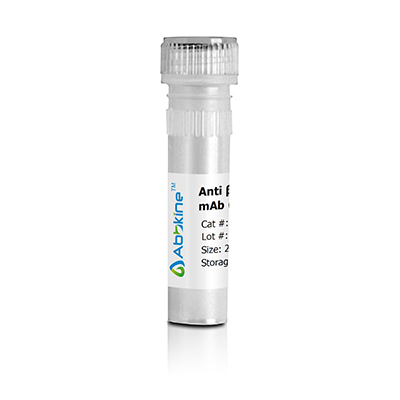ATP5G2 (ATP synthase, H+ transporting, mitochondrial Fo complex subunit C2)encodes a subunit of mitochondrial ATP synthase. Mitochondrial ATP synthase catalyzes ATP synthesis, utilizing an electrochemical gradient of protons across the inner membrane during oxidative phosphorylation. ATP synthase is composed of two linked multi-subunit complexes: the soluble catalytic core, F1, and the membrane-spanning component, Fo, comprising the proton channel. The catalytic portion of mitochondrial ATP synthase consists of 5 different subunits (alpha, beta, gamma, delta, and epsilon) assembled with a stoichiometry of 3 alpha, 3 beta, and single representatives of the gamma, delta, and epsilon subunits. The proton channel likely has nine subunits (a, b, c, d, e, f, g, F6 and 8). There are three separate genes which encode subunit c of the proton channel and they specify precursors with different import sequences but identical mature proteins. The protein encoded by ATP5G2 is one of three precursors of subunit c. Alternatively spliced transcript variants encoding different isoforms have been identified. This gene has multiple pseudogenes.
ATP5G2 Polyclonal Antibody detects endogenous levels of ATP5G2 protein.
Optimal working dilutions should be determined experimentally by the investigator. Suggested starting dilutions are as follows: IHC-p: 1:100-1:300, ELISA: 1:40000. Not yet tested in other applications.
ATP5G2 Polyclonal Antibody product listed herein is for research use only and is not intended for use in human or clinical diagnosis. Suggested applications of our products are not recommendations to use our products in violation of any patent or as a license. We cannot be responsible for patent infringements or other violations that may occur with the use of this product.
Find more details at http://www.abbkine.com/product/atp5g2-polyclonal-antibody-abp55555.
bio-equip.cn




